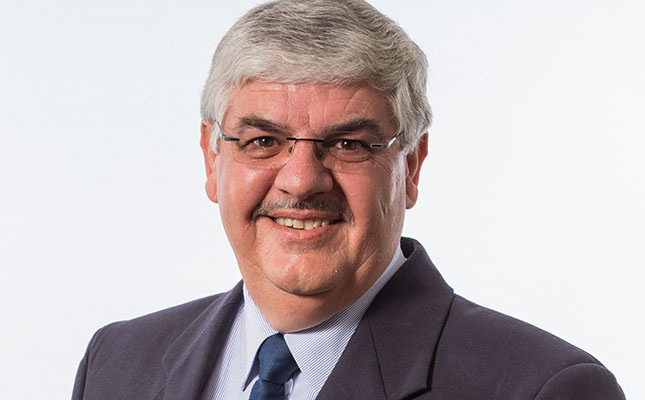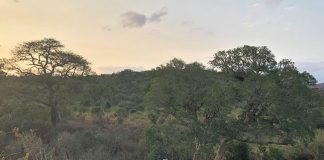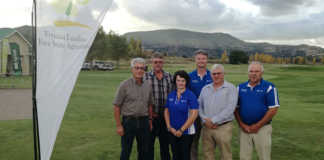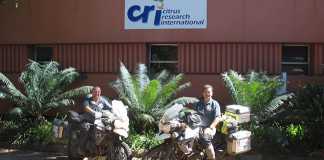
Photo: Grain SA
After serving as CEO of Grain SA (GSA) for a decade, Jannie de Villiers has announced that he is stepping down and will be leaving the commodity organisation on 31 August.
He joined Grain SA on 1 March 2011, after a career of 24 years with the South African Chamber of Milling.
“The decision to move from the grain procurement industry to the grain production side of the industry followed a meeting of the Food and Agriculture Organization of the United Nations (FAO) in Rome in 2007. The objective of the meeting was to find a means of doubling food production at the time. and it was then that I decided to join the production side,” De Villiers said.
He added that when he started out, he faced a number of challenges in gaining the trust of South Africa’s grain producers.
One of the biggest challenges was moving the Grain SA head-office from Bothaville to Pretoria. It was also an uphill battle to change the organisation’s culture of doing business from a confrontational style to one of co-operation and negotiation.
He is very optimistic about the future. In the next 10 years, South Africa could become a maize and soya bean exporter of note, he said.
According to De Villiers, he also expected the world-class research platform initiated, facilitated and developed by GSA to be developed even further to facilitate the ongoing and profitable grain production in the country.
“Research is of the essence. Climate change and the effects thereof is a reality and calls for extensive and in-depth studies and investigation. Climate change, the policy environment, funding and infrastructure are, in my opinion, some of the biggest problems the country’s grain producers will have to face in the years to come,” he said.












